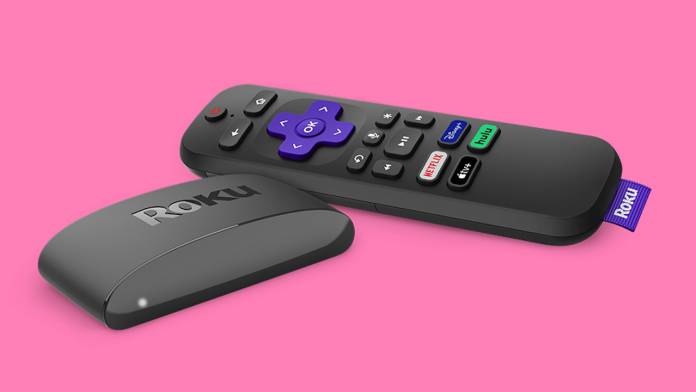
The outcome that probably everyone wanted finally happened: Google and Roku agreed to a multi-year licensing agreement after months of private and public battles. The good news for end-users is that YouTube and YouTube TV will stay on Roku devices for years as the distribution agreement has been extended. This is a huge relief for all involved as YouTube apps are some of the most popular apps in the market and of course, there are a lot of Roku devices and users out there.
Roku announced on Twitter that they have finally reached an agreement with Google to extend their licenses for having both the main YouTube and the YouTube TV app for all the streamers on the Roku platform. They did not release other details about what other terms they were able to reach or what concessions each party had to make. But the company says the agreement “represents a positive development for our shared customers” and said customers will agree.
Effective today, we have agreed to a multi-year extension with Google for YouTube and YouTube TV. This agreement represents a positive development for our shared customers, making both YouTube and YouTube TV available for all streamers on the Roku platform.
— Roku (@Roku) December 8, 2021
Roku previously accused Google of trying to interfere with their “independent search results” as they claim the tech giant was requiring that YouTube be the preference in searches over the other content providers in their platforms. They also said that Google was demanding future Roku products to support the AV1 video codec which would have reduced server costs for the former but would have made hardware more expensive for the latter.
Google of course denied this, saying these are “unproductive and baseless claims”. Roku users were looking at a future without the YouTube and YouTube TV apps on their devices so this latest development is good news for them. They are still in negotiations with Amazon as well and there’s the possibility that Roku users may also lose the Amazon Prime Video and IMDB TV apps if they do not reach an agreement soon.
These arguments and negotiations between tech companies have gotten more and more complicated as the “smaller” players are now not afraid to go against the big boys. The close scrutiny from government and regulation agencies on the business practices of big tech has also empowered other companies to demand more from the likes of Google, Apple, and Amazon.









